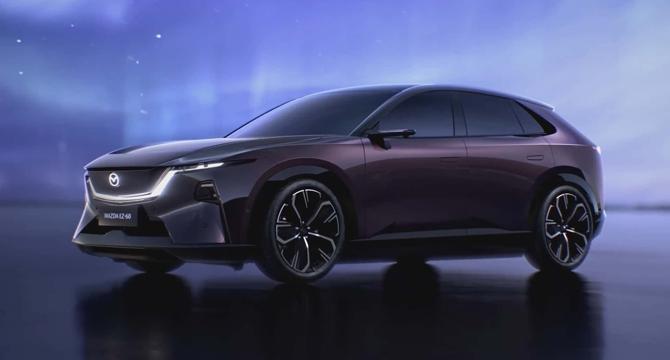Insideevs
3w
383

Image Credit: Insideevs
Mazda Knows It's Behind On EVs. It's Got A Long, Strange Trip Ahead
- Mazda has been slow to release a compelling battery electric vehicle (BEV), with its previous effort, the MX-30, having limited range and availability.
- However, Mazda has started to embrace the necessity of battery power and announced its own bespoke BEV coming in 2027.
- Mazda's unique approach to design and focus on driving joy has led to a resistance towards the blandification effects of BEVs.
- The brand's emphasis on lightweight design and efficient gasoline engines stems from its roots in a city impacted by nuclear devastation and material scarcity.
- Mazda's ongoing interest in the Wankel motor also contributes to its reluctance towards electric power, with plans to use it as an onboard generator.
- The brand's goal is to develop a platform that can adapt to various battery sizes and types over time due to its small market position.
- Mazda aims to introduce a long-range EV in the largest market category in the US, starting with the CX-50, which is currently available as a hybrid.
- The company is targeting a range of at least 300 miles for its American-market EV and is exploring advancements in battery technology to enhance efficiency and storage.
- While Mazda is making progress towards electrification, it remains connected to its passion for the rotary engine, indicating potential future use as a generator in upcoming concept cars.
- Mazda's strategy includes developing a range of vehicles to accommodate different battery sizes and types, with a focus on affordability, range, and weight targets.
Read Full Article
23 Likes
For uninterrupted reading, download the app